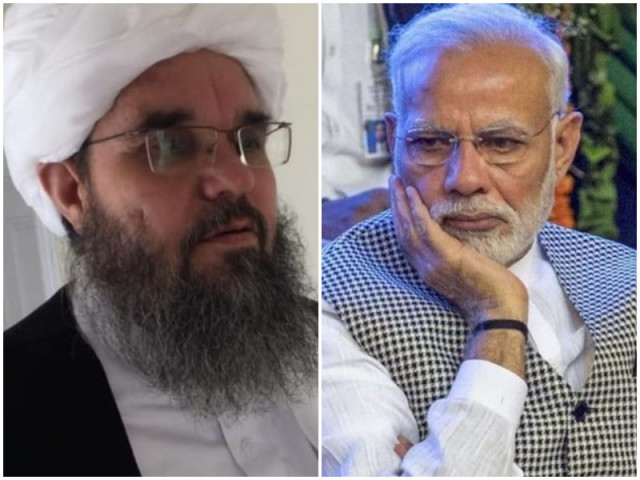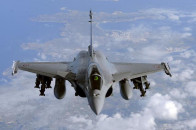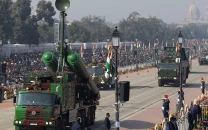'India will soon know Taliban's capability to run Afghan govt', Taliban tell Modi
Taliban leader in Kabul thanked 'friendly country' Pakistan for hosting over 3 million Afghan refugees

Days after Indian Prime Minister Narendra Modi doubted the capabilities of the Taliban to run Afghan government, the group on Thursday strongly reacted to the statement, saying that India will soon know that the Taliban can run government affairs smoothly.
“The destroying powers, the thinking that builds an empire on the basis of terror, may dominate for some time in a period of time, but, its existence is never permanent, it cannot suppress humanity for a long time," Modi had written on his official Twitter handle on Friday as the Taliban took control of Afghanistan on August 15.
जो तोड़ने वाली शक्तियाँ हैं, जो आतंक के बलबूते साम्राज्य खड़ा करने वाली सोच है, वो किसी कालखंड में कुछ समय के लिए भले हावी हो जाएं लेकिन, उसका अस्तित्व कभी स्थायी नहीं होता, वो ज्यादा दिनों तक मानवता को दबाकर नहीं रख सकती: PM @narendramodi
— PMO India (@PMOIndia) August 20, 2021
Talking to Radio Pakistan in Kabul today, prominent Taliban leader Shahabuddin Dilawar said India will soon know that the Taliban can run government affairs smoothly, warning it not to interfere in the internal affairs of Afghanistan.
Read more: Explainer: How did the Taliban take over Afghanistan so quickly?
To another question, Dilawar thanked Pakistan for hosting over three million Afghan refugees. "Pakistan is our neighbour and a friendly country. We are thankful to Pakistan for its services being done for welfare of the refugees," he added.
Taliban leader said that the group want peaceful ties with all countries based on mutual respect.
The Taliban completed a lighting fast takeover of the country, finally walking into Kabul on Aug 16 without firing a shot.
The stunning and rapid takeover of Afghanistan was the result not only of their battlefield strength but also a sustained push to force surrenders and cut deals.
The group mixed threats and lure with propaganda and psychological warfare as they took city after city — some with barely a shot fired.
Also read: Taliban declare 'war is over' as Ghani, diplomats flee Kabul
As foreign troops began their final withdrawal in May, Washington and Kabul were confident the Afghan military would put up a strong fight against the Taliban.
With more than 300,000 personnel and multibillion-dollar equipment more advanced than the Taliban arsenal, Afghan forces were formidable — on paper.
In reality, they were plagued by corruption, poor leadership, lack of training and plummeting morale for years. Desertions were common and US government inspectors had long warned that the force was unsustainable.
Afghan forces put up strong resistance this summer in some areas such as Lashkar Gah in the south, but they now faced the Taliban without regular US airstrikes and military support.
Faced with the smaller but highly motivated and cohesive enemy, many soldiers and even entire units simply deserted or surrendered, leaving the Taliban to capture city after city.



















COMMENTS
Comments are moderated and generally will be posted if they are on-topic and not abusive.
For more information, please see our Comments FAQ